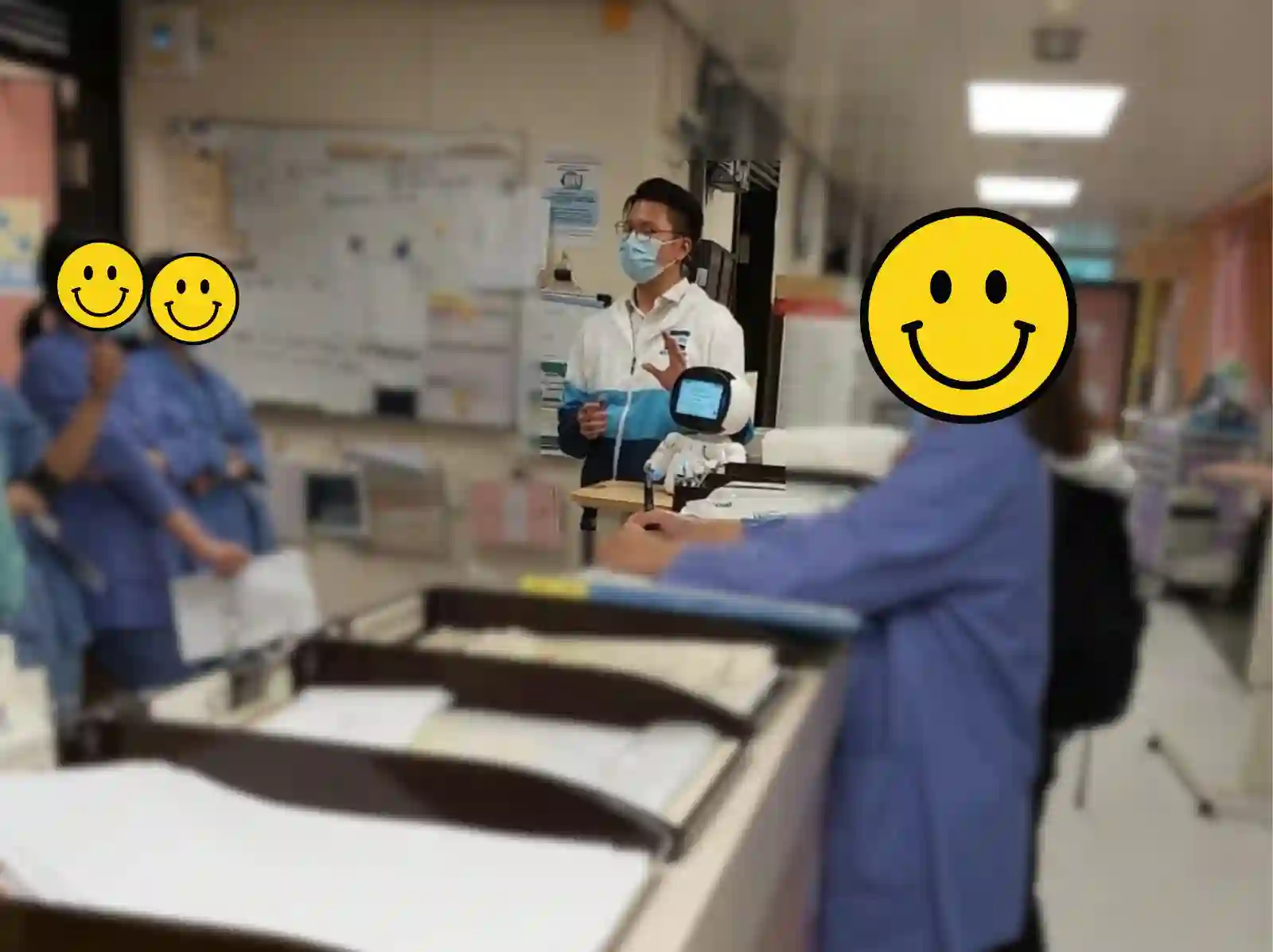With the ongoing trend of population aging, the elderly encounter various difficulties and challenges in their daily lives. The society not only necessarily provide societal assistance but also share the responsibility of their care. In the 2019 population census, every 3.3 working-age individuals were responsible for supporting one retired elderly person, and by 2031, it is projected that every 2 working-age individuals will be responsible for supporting one retired elderly person. This responsibility undoubtedly increase the burden of various caregivers in society, including the elderly's family members, nursing home staff, and even medical personnel.
According to a survey report published by the Family Welfare Association regarding the "Needs of Caregivers for the Elderly," over 70% of caregivers tend to agree that they have neglected their own personal needs due to the responsibility of caring for their family members. This situation leads caregivers to overlook their own physical and mental well-being, resulting in potential health risks. Based on a simple emotional health screening, 12.34% of surveyed caregivers showed signs of significant depression symptoms, and 15.29% showed signs of significant anxiety symptoms, negatively impacting their own quality of life, the well-being of the elderly, and family harmony.
In this era of advanced artificial intelligence, intelligent companion robots have become the "little helpers" for these caregivers, providing them with support and assistance. Through collaborations with various organizations, the applications of intelligent companion robots have become more diverse. In addition to addressing the challenges faced by the elderly, we also aspire to provide comprehensive support and services to these caregivers, fostering a more caring community.
In the aspect of healthcare:
Through collaborations with healthcare institutions, intelligent companion robots will serve as "health guardians" for the elderly, guiding them on the path to recovery. Light aerobic exercises, flexibility training, and balance exercises can help to enhance their muscle and bone strength and improve cardiovascular function. Regular health exercises can help the elderly maintain physical vitality and flexibility while reducing the risk of falls and injuries. Intelligent companion robots can take the role of leading daily health and recovery exercises for the elderly, relieving the workload of healthcare staff.

In aspect of nursing homes:
Intelligent companion robots can provide emotional healing and alleviate feelings of loneliness among the elderly. Many nursing homes have introduced various types of robots as daily tools to reduce the workload of staff. Equipped with proprietary software developed specifically for nursing home environments, intelligent companion robots offer functions such as interactive conversations with the elderly, reading news or stories, and providing greetings and reception services. These robots not only help alleviate the loneliness experienced by the elderly in nursing homes but also assist in reducing the workload of the staff.

In aspect of home care:
Intelligent companion robots transform into a source of joy for the elderly, helping them to kill the time. These robots come equipped with various entertainment features, including music playback, reading stories, video calls, and more. Through interaction with intelligent companion robots, the elderly can experience pleasure and satisfaction, enhancing their quality of life and alleviating the stress of caregivers at home.

Relevant products:
References:
- 陳嘉慧. (2022, September 25). 人口老化|統計處料2037港逾三成人口是長者 每1.7打工仔養1長者. 香港01. https://www.hk01.com/%E7%A0%94%E6%95%B8%E6%89%80/804717/%E4%BA%BA%E5%8F%A3%E8%80%81%E5%8C%96-%E7%B5%B1%E8%A8%88%E8%99%95%E6%96%992037%E6%B8%AF%E9%80%BE%E4%B8%89%E6%88%90%E4%BA%BA%E5%8F%A3%E6%98%AF%E9%95%B7%E8%80%85-%E6%AF%8F1-7%E6%89%93%E5%B7%A5%E4%BB%94%E9%A4%8A1%E9%95%B7%E8%80%85
- Hong Kong Family Welfare Society. (n.d.). <護老者需要>問卷調查報告. 行政摘要. https://www.hkfws.org.hk/assets/files/elderly-carer-support/_executive-summary_21102022.pdf
